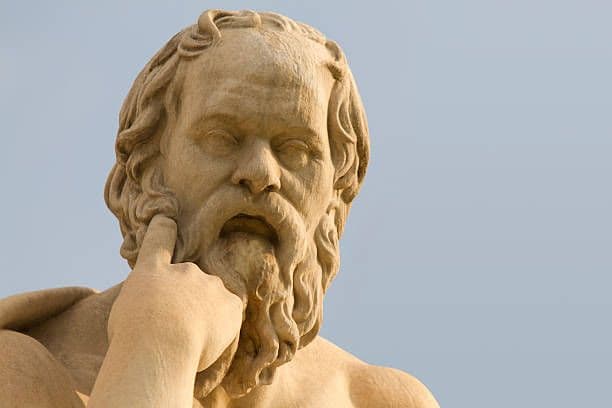Gabriel Orphiano
2023-07-17
Socrates on Democracy

Socrates, the ancient Greek philosopher, had a complex relationship with democracy. While he lived during the heyday of Athenian democracy, he was critical of its flaws and voiced concerns about its limitations.
One of Socrates' key criticisms of democracy was its susceptibility to the influence of the masses and the potential for majority rule to lead to the dominance of ignorance and irrationality. He argued that the democratic system allowed people with limited knowledge and understanding to have equal say in important matters, including the selection of leaders and the formulation of policies. In Socrates' view, this could result in decisions being made based on popular opinion rather than wisdom or expertise.
Furthermore, Socrates believed that democracy could give rise to demagogues—charismatic leaders who manipulated public opinion for personal gain. He warned against the dangers of allowing such individuals to sway the masses through appeals to emotion and rhetoric, without a foundation of reasoned analysis or ethical considerations.
Despite his criticisms, it is worth noting that Socrates did not advocate for an alternative form of government. He did not promote tyranny or aristocracy as superior alternatives. Instead, he used his philosophical approach to engage in critical dialogue and question the assumptions underlying the democratic system. Socrates aimed to encourage individuals to think critically, to seek knowledge and understanding, and to reflect upon their beliefs and values.
Ultimately, Socrates' stance on democracy reflects his emphasis on the importance of virtue, wisdom, and the pursuit of truth. He believed that the key to a just and effective society lay in the cultivation of individual virtue and the development of an educated and thoughtful citizenry. Socrates' approach can be seen as a call for the improvement of democratic systems by fostering an engaged and informed citizenry capable of making reasoned and ethical decisions.
It is important to note that our understanding of Socrates' views on democracy is primarily derived from the writings of his student, Plato, as Socrates himself did not leave behind any written works. As a result, interpretations and discussions about Socrates' perspective on democracy may vary among scholars and philosophers.